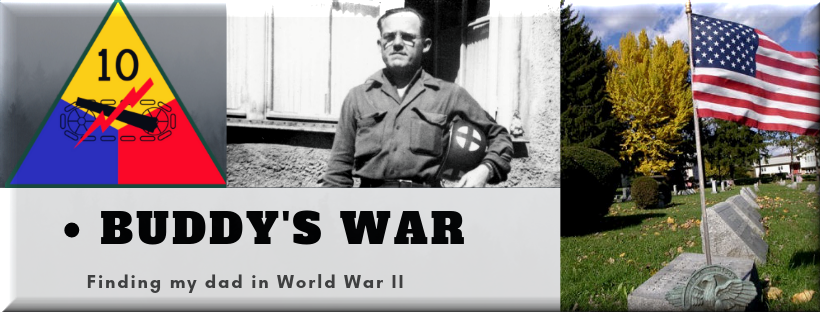January 1944
◦ 16: General Dwight D. Eisenhower arrived in London, returning from a week of rest and planning in Washington, D. C., and assumed command of the European Theater by General Orders No. 4. His new title was Commanding General, U.S. Forces, European Theater of Operations.
◦ 20: The Royal Air Force drops 2,300 tons of bombs on Berlin,
and The U.S. Army 36th Infantry Division, in Italy, attempts to cross the Gari River but suffers heavy losses.
◦ 22: Allies begin Operation Shingle, the landing at Anzio, Italy, commanded by American Major General John P. Lucas. The Allies hope to break the stalemate in south Italy, but they are unable to break out of the beachhead and the line holds until late May. The minesweeper USS Portent commanded by Lt. H.C. Plummer, hit a mine and sank southeast of Anzio, Italy.
◦ 27: The Siege of Leningrad ended after 872 days, as Soviet forces finally forced the Germans to withdraw. Some 2 million died, mostly of starvation and disease.
February 1944
◦ 1: U.S. Marines mop up on Roi and Namur in the northern part of the Kwajalein atoll in the Marshall Islands.
◦ 2: The Narva front near the east border of Estonia is formed between the Soviet and German forces.
◦ 3: American planes bomb Eniwetok in the Marshalls, later to be a major B-29 base.
◦ 4: Kwajalein, the world's largest atoll and a major Japanese naval base, is secured.
◦ 5: The American Navy bombards the Kuril Islands, northernmost in the Japanese homelands.
◦ 8: The plan for the invasion of France, Operation Overlord, is confirmed.
◦ 17: American Marines land on Eniwetok.
◦ 18: The light cruiser HMS Penelope is torpedoed and sunk off the coast of Anzio with a loss of 415 crew,
and American naval air raid takes place on the Truk islands, a major Japanese naval base, but they will be one of the bypassed fortresses of the Japanese outer defense ring.
◦ 19: Leipzig, Germany is bombed for two straight nights. This marks the beginning of a "Big Week" bombing campaign against German industrial cities by Allied bombers.
◦ 26: The "Big Week" bombing campaign comes to a successful conclusion; the American P-51 Mustang fighter with its long range proves invaluable in protecting American bombers over Germany.
March 1944
◦ 3: German forces around Anzio, having failed to drive the Allies from the beachhead, go over to a defensive posture.
◦ 6: The Allies receive intelligence that the Japanese may be about to attack Western Australia, causing them to greatly bolster defenses there. When no attack comes, forces return to their regular stations on the 20th.
◦ 16: United States XI Corps arrives in Pacific Theater.
◦ 17: Heavy bombing of Vienna, Austria.
◆ March 20, 1944◦ 24: Heavy bombings of German cities at various strategic locations last for 24 hours.
◆ 75 Years Ago Today
The Royal Air Force drops 2,300 tons of bombs on Berlin.
The U.S. Army 36th Infantry Division, in Italy, attempts to cross the Gari River but suffers heavy losses.
-- Wikipedia

No comments:
Post a Comment